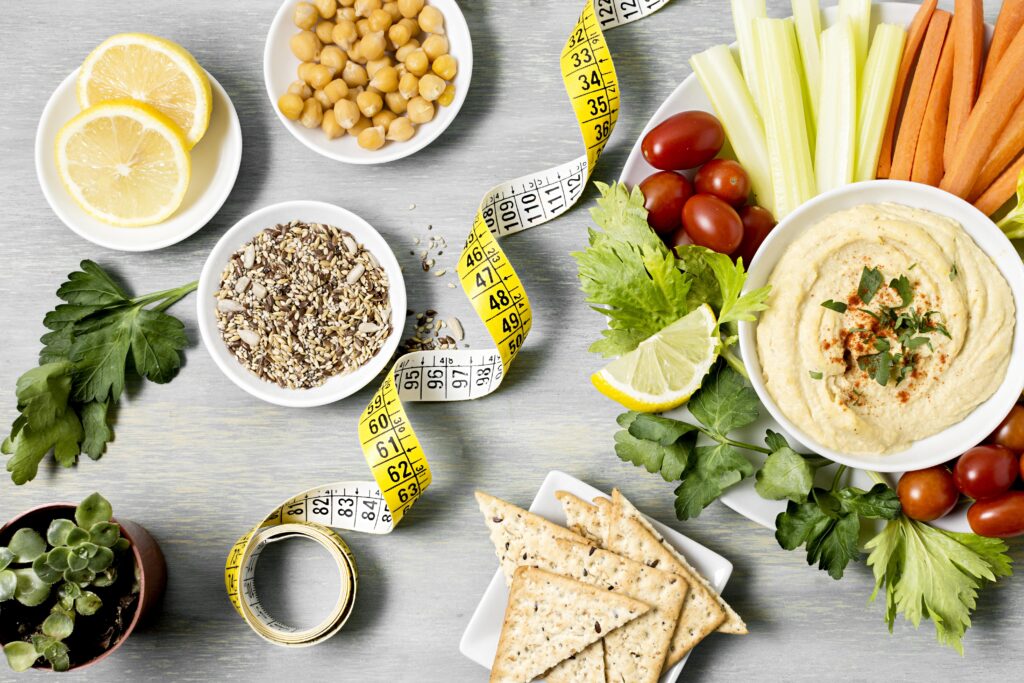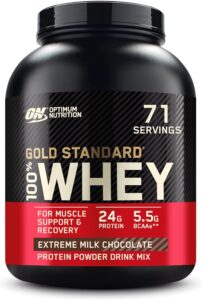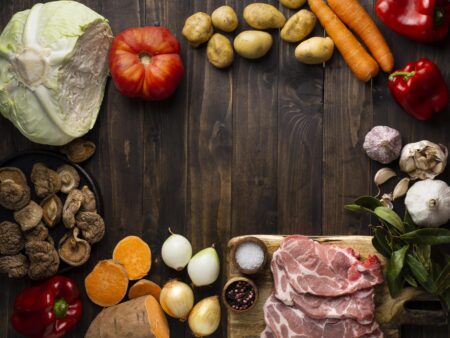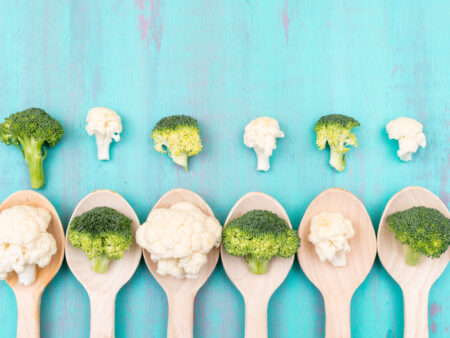
A low-calorie diet is a dietary approach designed to reduce overall caloric intake, aiming for weight loss or maintenance of a healthy weight. This article delves into the benefits and disadvantages of a low-calorie diet, providing practical tips on how to implement it and what foods to include.
What is a Low-Calorie Diet?
A low-calorie diet typically involves consuming fewer calories than the average dietary intake. For most adults, this means eating between 1,200 and 1,500 calories per day, though the exact number can vary based on individual needs, age, gender, and activity level. The primary goal is to create a caloric deficit, where the body burns more calories than it consumes, leading to weight loss.
Benefits of a Low-Calorie Diet
1. Weight Loss
The most obvious benefit of a low-calorie diet is weight loss. By consuming fewer calories, the body is forced to use stored fat for energy, leading to a reduction in body weight. This can be particularly beneficial for individuals who are overweight or obese, as losing weight can significantly reduce the risk of developing chronic diseases such as diabetes, heart disease, and hypertension.
2. Improved Metabolic Health
A low-calorie diet can improve various aspects of metabolic health. Studies have shown that reducing caloric intake can lower blood pressure, reduce LDL cholesterol levels, and improve insulin sensitivity. These changes can lead to a decreased risk of metabolic syndrome and type 2 diabetes.
3. Increased Longevity
Research suggests that calorie restriction may be linked to increased lifespan. Animal studies have shown that a reduced-calorie diet can extend lifespan and delay the onset of age-related diseases. While the exact mechanisms are not fully understood, it is believed that calorie restriction reduces oxidative stress and inflammation, both of which are associated with aging.
4. Enhanced Mental Health
A low-calorie diet may also have positive effects on mental health. Some studies indicate that reducing caloric intake can improve mood and reduce symptoms of depression and anxiety. This could be due to the diet’s impact on body weight and self-esteem, as well as its potential to enhance cognitive function and reduce brain inflammation.
Disadvantages of a Low-Calorie Diet
1. Nutrient Deficiency
One of the primary risks of a low-calorie diet is nutrient deficiency. When caloric intake is significantly reduced, it can be challenging to obtain all the essential vitamins and minerals the body needs. This can lead to deficiencies in nutrients such as iron, calcium, vitamin D, and B vitamins, which can have various negative health effects.
2. Decreased Energy Levels
Reducing calorie intake can lead to decreased energy levels, especially if the diet is not balanced properly. This can result in fatigue, weakness, and a reduced ability to perform physical activities. It can also impact mental clarity and productivity.
3. Loss of Muscle Mass
A low-calorie diet can lead to a loss of muscle mass if not properly managed. When the body is in a caloric deficit, it may break down muscle tissue for energy. To prevent this, it is essential to incorporate adequate protein intake and engage in regular strength training exercises.
4. Psychological Effects
Adhering to a low-calorie diet can be challenging and may have psychological effects. It can lead to feelings of deprivation, increased stress, and an unhealthy relationship with food. In some cases, it may even trigger disordered eating patterns such as binge eating or anorexia.
Practical Tips for Implementing a Low-Calorie Diet
1. Calculate Your Caloric Needs
Before starting a low-calorie diet, it is important to determine your daily caloric needs. This can be done using online calculators or consulting with a healthcare professional. Knowing your baseline can help you set a realistic calorie target that supports weight loss without compromising your health.
2. Focus on Nutrient-Dense Foods
To prevent nutrient deficiencies, prioritize nutrient-dense foods that provide essential vitamins and minerals without excessive calories. Include a variety of fruits, vegetables, lean proteins, whole grains, and healthy fats in your diet. This will ensure that you get the necessary nutrients while staying within your calorie limit.
3. Monitor Portion Sizes
Portion control is crucial in a low-calorie diet. Be mindful of portion sizes and avoid overeating. Using smaller plates, measuring food, and practicing mindful eating can help you manage portions effectively.
4. Stay Hydrated
Drinking plenty of water is important on a low-calorie diet. Sometimes, thirst is mistaken for hunger, leading to unnecessary calorie consumption. Staying hydrated can help control appetite and support overall health.
5. Plan and Prepare Meals
Planning and preparing meals in advance can help you stick to your low-calorie diet. It reduces the temptation to opt for high-calorie convenience foods and ensures that you have healthy options readily available. Batch cooking and meal prepping can save time and make it easier to adhere to your dietary goals.
6. Incorporate Physical Activity
Regular physical activity is essential for overall health and can enhance the effectiveness of a low-calorie diet. Engage in a mix of cardio and strength training exercises to support weight loss, maintain muscle mass, and boost metabolism.
What to Eat on a Low-Calorie Diet
1. Lean Proteins
Incorporate lean proteins such as chicken breast, turkey, fish, tofu, and legumes. Protein helps maintain muscle mass and keeps you feeling full longer, reducing the likelihood of overeating.
2. Vegetables
Vegetables are low in calories but high in essential nutrients. Include a variety of colorful vegetables such as spinach, broccoli, carrots, bell peppers, and kale in your meals. They add volume to your diet without adding many calories.
3. Fruits
Fruits provide essential vitamins, minerals, and fiber. Opt for low-calorie fruits like berries, apples, oranges, and melons. Be mindful of portion sizes, as some fruits are higher in sugar and calories.
4. Whole Grains
Whole grains such as quinoa, brown rice, oats, and whole wheat bread are excellent sources of fiber and complex carbohydrates. They provide sustained energy and help keep you feeling satisfied.
5. Healthy Fats
Incorporate healthy fats from sources like avocados, nuts, seeds, and olive oil. Healthy fats are essential for brain health and can help you feel satiated.
6. Low-Calorie Beverages
Choose low-calorie beverages like water, herbal tea, and black coffee. Avoid sugary drinks and high-calorie beverages that can contribute to excess calorie intake.
A low-calorie diet can be an effective strategy for weight loss and improving overall health when done correctly. It offers numerous benefits, including weight loss, improved metabolic health, increased longevity, and enhanced mental health. However, it is important to be aware of the potential disadvantages, such as nutrient deficiencies, decreased energy levels, loss of muscle mass, and psychological effects. By following practical tips and focusing on nutrient-dense foods, you can successfully implement a low-calorie diet that supports your health and wellness goals. Always consult with a healthcare professional before starting any new diet to ensure it is appropriate for your individual needs.










